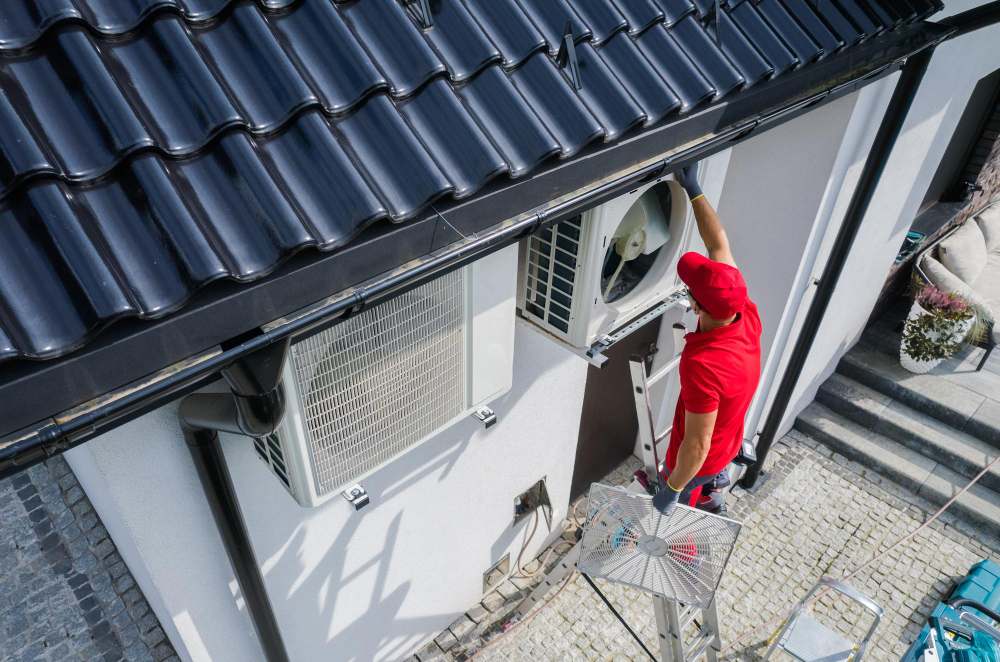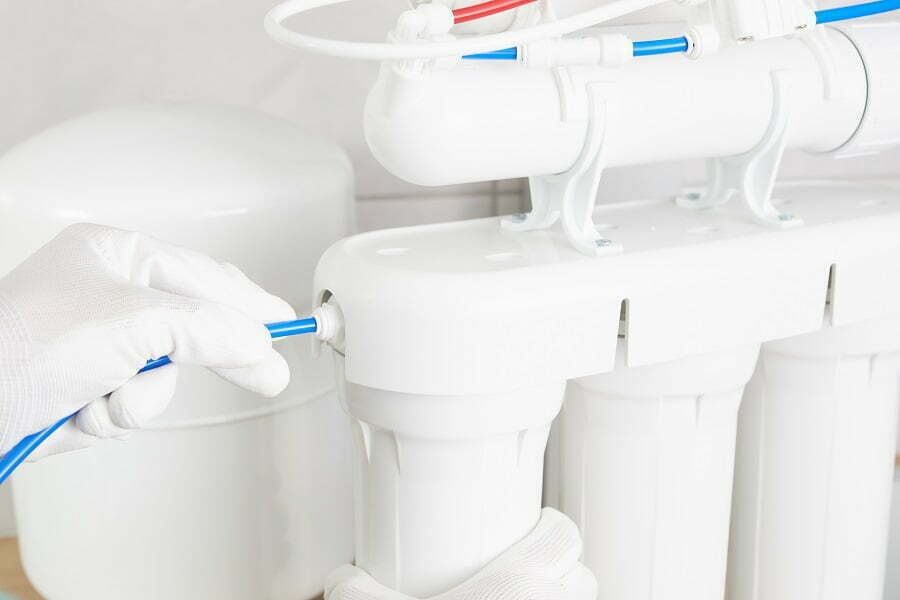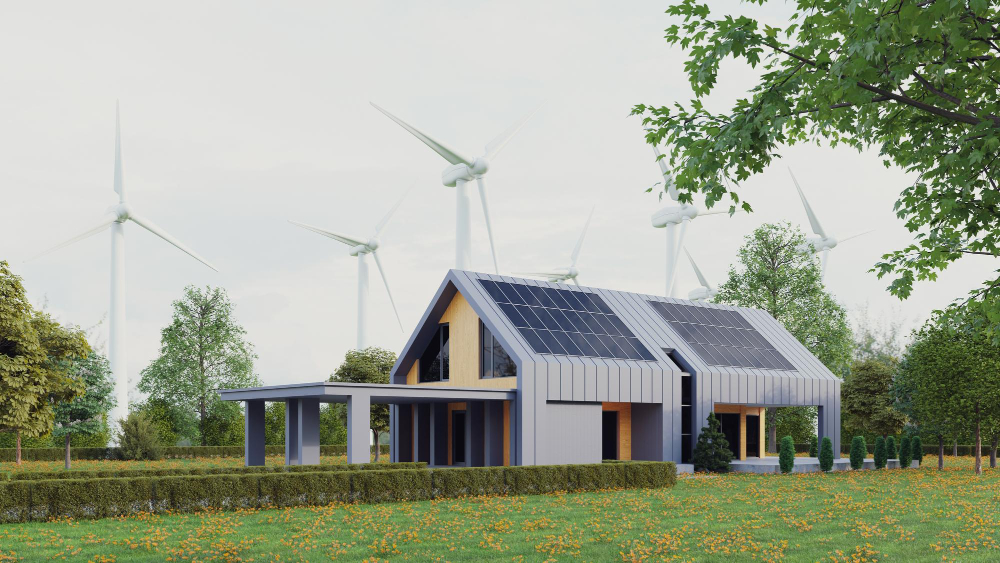Last updated on
The quality of water flowing through the pipes of homes has a significant impact on daily living and the broader aspects of health and home maintenance. Among the various water quality concerns, hard water stands out due to its high mineral content, particularly calcium and magnesium.
This article delves into the complexities of how hard water affects both your home and your health, offering insights into its widespread implications.
The Nature of Hard Water
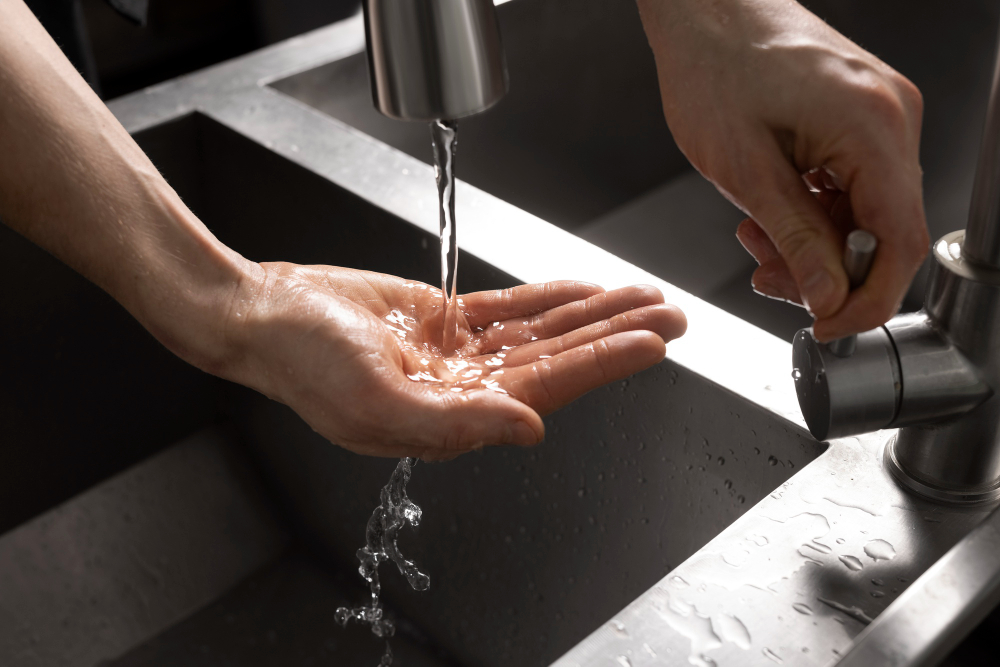
Hard water is characterized by its high mineral content, a natural result of water percolating through deposits of limestone, chalk, or gypsum, rich in calcium and magnesium carbonates. These minerals in the water lead to various effects associated with hard water in homes and human health.
While the minerals are not harmful and are essential to human health in small quantities, the concentration levels in hard water can lead to many challenges and inconveniences.
Impacts on Home Appliances and Plumbing
One of hard water’s most immediate and noticeable effects is on home appliances and plumbing systems. The high mineral content can lead to the buildup of limescale.
This hard, chalky deposit can clog pipes, reduce water flow, and impair the efficiency and longevity of water heaters, washing machines, and dishwashers. This leads to increased energy consumption and higher utility bills and necessitates more frequent repairs and replacements of appliances.
Incorporating a water softener into your home’s water system can significantly mitigate these issues by removing the minerals that cause hardness, prolonging the life of your appliances and maintaining the efficiency of your plumbing system.
Effects on Surfaces and Cleaning
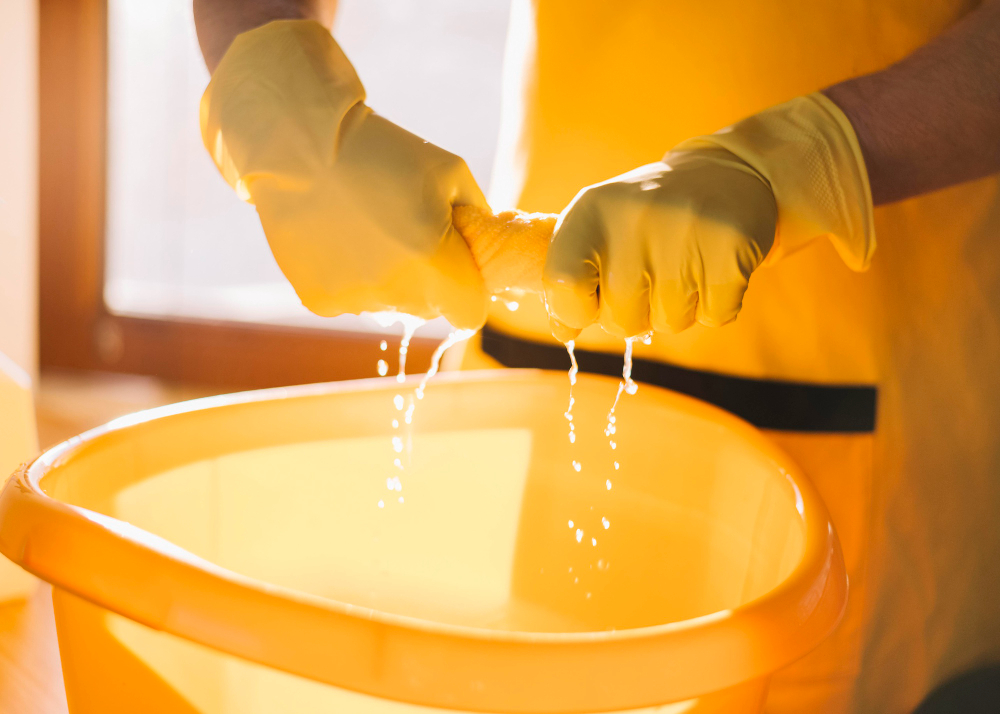
Hard water doesn’t stop at just affecting appliances; it also impacts cleaning tasks around the home. The minerals in hard water react with soap to form a sticky residue known as soap scum, which can be challenging to remove from surfaces like bathtubs, showers, and sinks.
Furthermore, hard water can leave streaks or spots on glassware, silverware, and even clothing when used for washing. These effects make cleaning more labor-intensive and detract from the aesthetic appeal of your home and belongings.
Health Implications
While hard water is not directly harmful to health, its effects can indirectly influence various aspects of wellbeing. For instance, excess minerals can dry out the skin and hair, leading to irritation, eczema, or other dermatological conditions in sensitive individuals.
Moreover, the inefficiency in soap dissolution means that more soap or shampoo is required to achieve the desired cleanliness, potentially leading to further skin irritation from the residues left on the skin and hair.
Hard Water and Drinking
The impact of hard water on drinking quality is a subject of much debate. Some studies suggest that the minerals found in hard water can contribute to dietary mineral intake, potentially offering health benefits such as reduced risk of cardiovascular disease.
However, the taste of hard water can be off-putting to some, and in very high concentrations, the minerals might lead to issues such as kidney stones. However, it is essential to note that these health risks are associated with very high mineral intake levels, far exceeding what is typically found in hard water.
Mitigation and Treatment
Managing the effects of hard water typically involves using water softeners, which exchange the calcium and magnesium ions in the water for sodium or potassium ions, thereby reducing the hardness. This process helps protect home appliances and plumbing and improves the effectiveness of soap and detergents, thereby reducing the amount required for cleaning and bathing.
In addition to water softeners, other treatment options are available, such as reverse osmosis systems and magnetic water descalers, each with its own set of advantages and considerations.
Environmental Considerations
While treating hard water and improving water quality has its benefits, it is also important to consider the environmental impact of such treatments. Water softeners, for instance, increase sodium content in the wastewater, which can be problematic for water recycling and reuse practices.
Moreover, manufacturing and disposing of water treatment systems and their components also carries environmental implications. Therefore, when choosing a treatment method, it is crucial to weigh the benefits against the environmental costs and explore eco-friendly options wherever possible.
The Broader Impact
The effects of hard water extend beyond the immediate inconveniences of appliance maintenance and cleaning challenges. The increased energy consumption required to heat water in the presence of limescale buildup contributes to a larger carbon footprint.
At the same time, the added strain on appliances and plumbing systems can lead to increased waste and environmental degradation. Thus, the implications of hard water touch on broader sustainability and environmental responsibility issues.
The Takeaway
Hard water’s impact on home and health is multifaceted, encompassing a range of issues from appliance efficiency and cleaning effectiveness to skin health and environmental sustainability. Understanding these implications is the first step toward mitigating the challenges of hard water, with solutions such as water softeners playing a critical role in this process.
However, it is also essential to consider the environmental impact of such treatments and seek out sustainable options that balance the need for soft water with the imperative of environmental stewardship. As we continue to explore and implement solutions to the challenges of hard water, the goal should always be to find a balance that preserves both the health of our homes and the wellbeing of our planet.
Related reading:
Table of Contents
